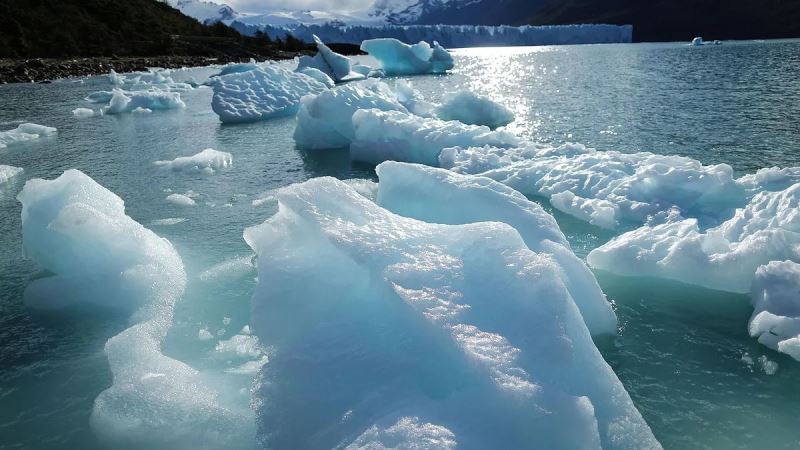Global Glaciers Facing Unprecedented Ice Loss Amid Rising Temperatures
Glaciers worldwide are experiencing unprecedented melting, with the past three years marking the most significant ice loss on record, according to a recent UNESCO report. Since 1975, approximately 9,000 gig-tons of ice have vanished—comparable to an ice block the size of Germany with a thickness of 25 meters.
Accelerated Melting Across Continents
This rapid ice loss affects regions from the Arctic and the Alps to South America and the Tibetan Plateau, and is expected to intensify as climate change drives global temperatures higher. In 2024 alone, glaciers shed 450 gigatons of mass, underscoring the urgency of addressing this crisis.
Implications for Sea Levels and Water Resources
The accelerated melting positions mountain glaciers as significant contributors to sea-level rise, endangering millions with potential floods and disrupting water sources vital for hydroelectric energy and agriculture. Notably, over 275,000 glaciers globally, along with the Antarctic and Greenland ice sheets, contain about 70% of the world’s freshwater reserves.
Impact on Mountain Communities
Approximately 1.1 billion people residing in mountain communities face immediate challenges due to glacier loss, including heightened risks of natural hazards and unreliable water supplies. Rising temperatures are expected to exacerbate droughts in areas dependent on snowpack for freshwater, while increasing both the severity and frequency of hazards like avalanches, landslides, flash floods, and glacial lake outburst floods (GLOFs).
Cultural and Spiritual Significance
Beyond environmental and economic ramifications, glacier loss profoundly affects cultural and spiritual practices. For instance, in the Rwenzori Mountains of East Africa, indigenous Bakonzo communities revere glaciers as the abode of their deity, Kitasamba. The anticipated disappearance of these glaciers by 2030 signifies a deep spiritual loss for these communities.
Call to Action
The inaugural World Day for Glaciers emphasizes the critical need for global action to protect these vital ice masses. Advancing scientific knowledge, enhancing observation systems, and implementing effective early warning mechanisms are essential steps toward mitigating the impacts of glacier loss.



Comments (0)
No comments yet. Be the first to comment!
Leave a Comment